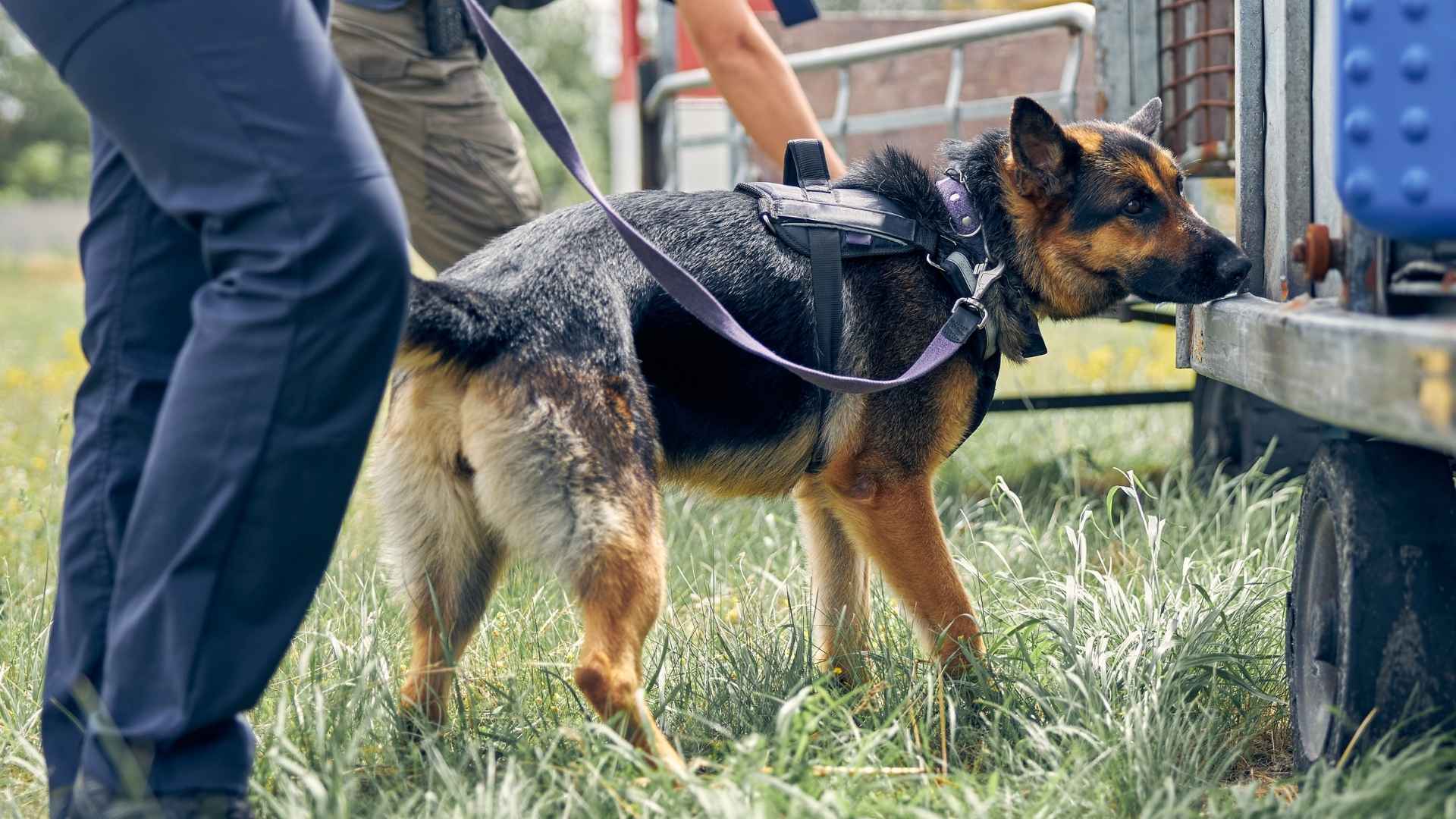Have you been taking your dog’s nose for granted? Yes, we all know noses are awesome because they help us breathe and experience the sense of smell. In the dog world, though, powerful noses are a huge merit and are useful to us (humans) in some ways as well.
AKC states that dogs have a sense of smell between 10,000 to 100,000 times higher than ours. This is crazy “high”! Not all dogs are built equal when it comes to their natural talents for nosework. Certain breeds have more capable noses when it comes to scent detection.
Nosework competitions are developed based on methods used to train dogs in drug and bomb detection. This gives us an idea of how scent work is more than just about dog sport.
These amazing dog breeds are pros when it comes to nosework challenges and are likely to win competitions.
Dog Breeds that Enjoy Nosework Challenges
1. Beagle
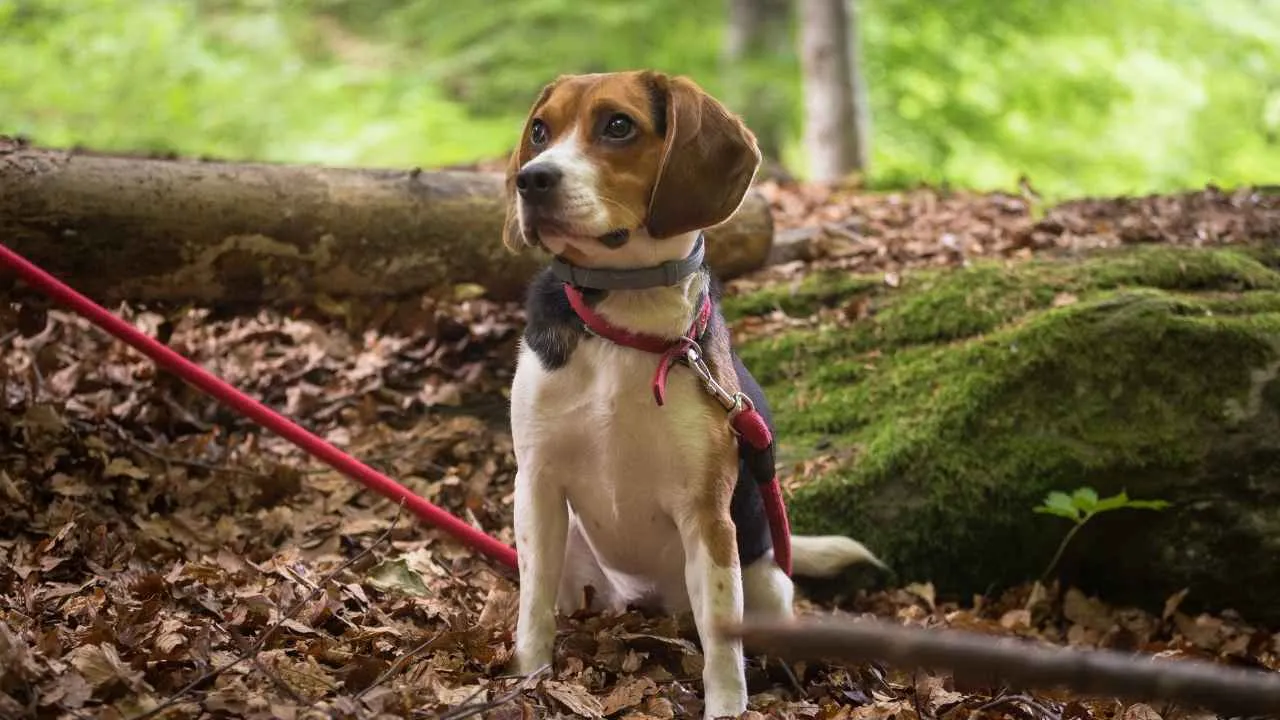
Beagles are sleek and smaller dogs with a superior sense of smell. One of the most popular hunting and scent dogs, Beagles have a natural instinct to sniff out things and run to explore if something feels (or smells) different. Dogs with such active noses can perform nosework activities to put their abilities to work.
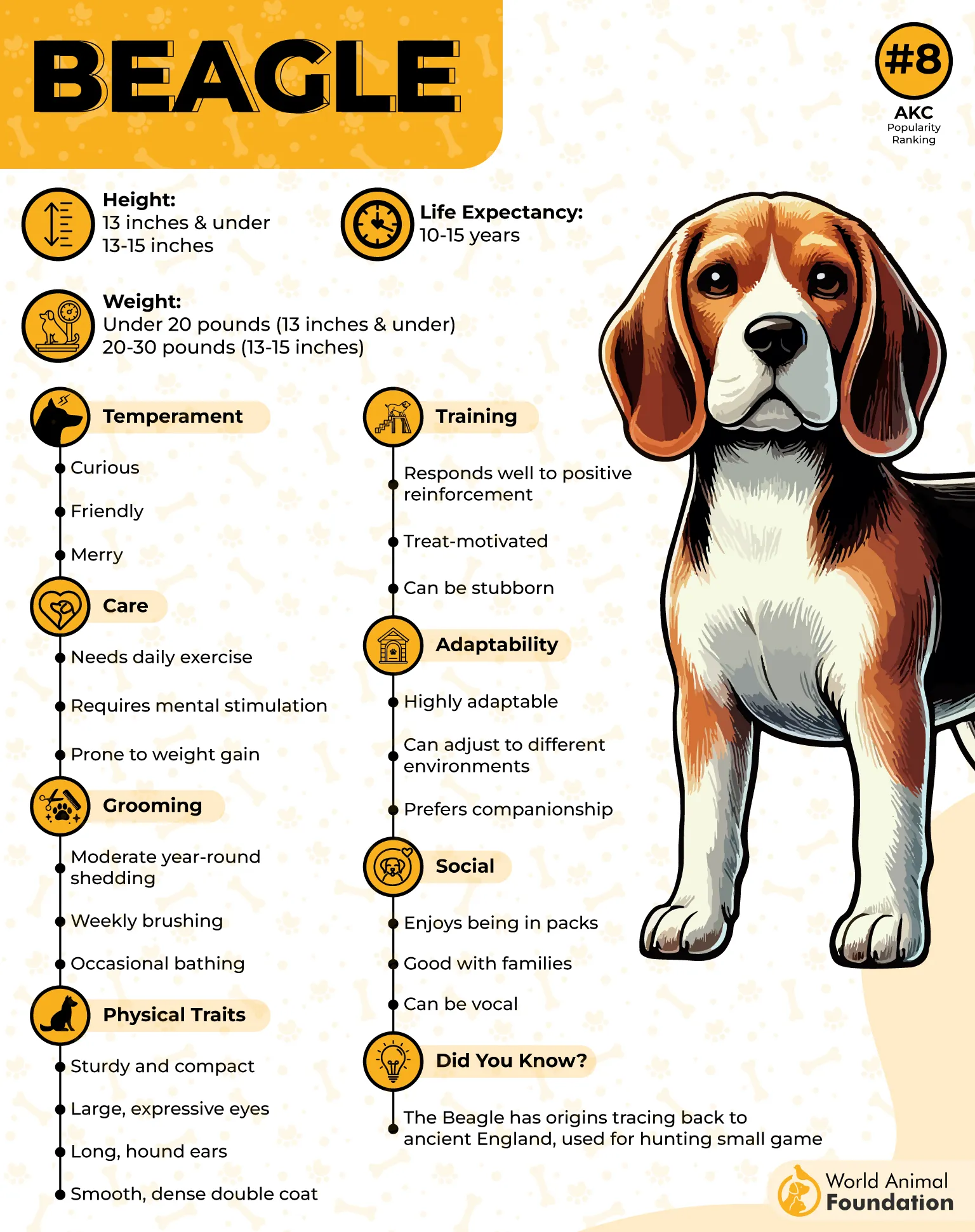
If you own a Beagle, you already know how much these pups love following their noses. Their adorable faces grow watchful when they get a whiff of something interesting (or alarming). These scent hounds have a natural prey drive that they want to track down their prey.
Beagles have a fun-loving nature and make amazing family dogs. Owners who take care of their exercise and mental stimulation needs are going to be their favorites forever. If your Beagle has been trained properly at a young age, they can harness their scent work abilities in nosework challenges.
2. German Shepherds
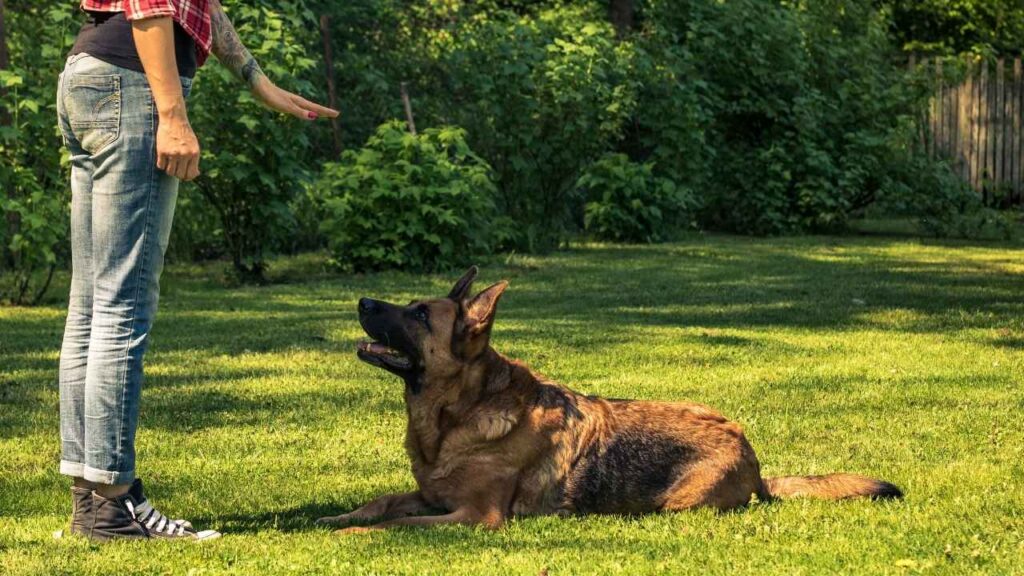
The intelligent and loyal German Shepherds aren’t just amazing pets and service dogs; they have a natural sense of smell that helps them become fabulous search and rescue dogs. From lost person search to drug and medical detection, German Shepherds excel at getting the job done with their noses.
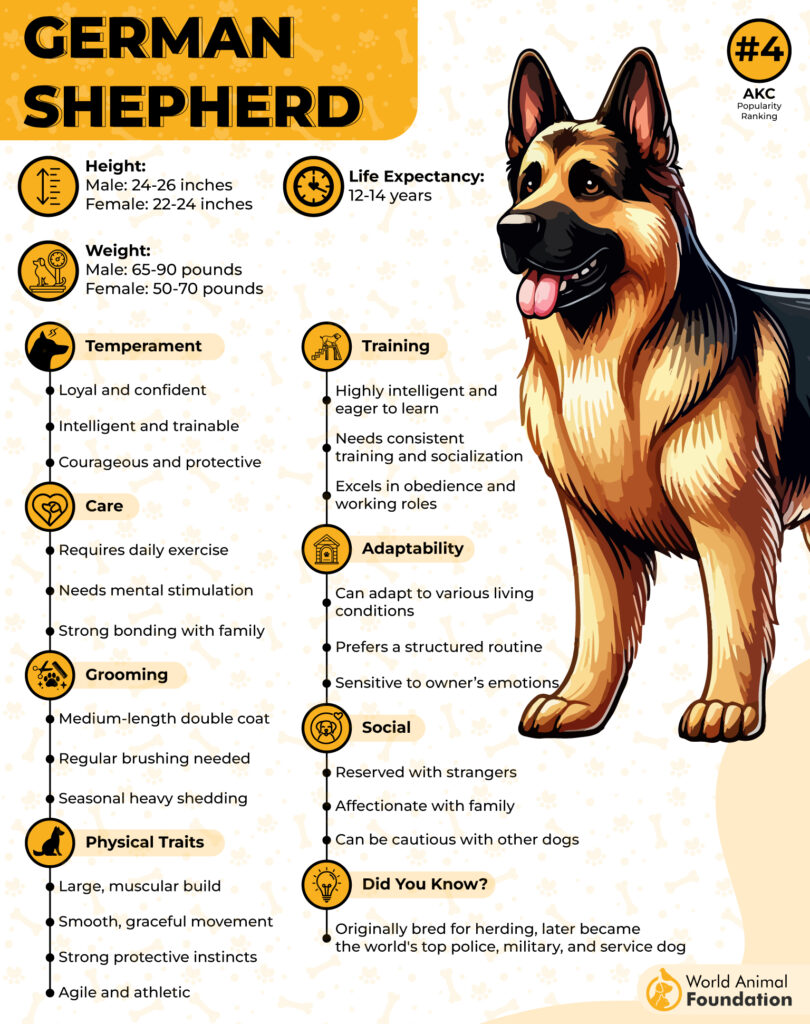
Getting your German Shepherd to participate in a nosework challenge is a no-brainer; they’re born for this. As they’re highly trainable dogs that respond amazingly to positive reinforcement, teaching them to use their sniffing sense and track objects is going to be a rewarding experience.
3. Belgian Malinois
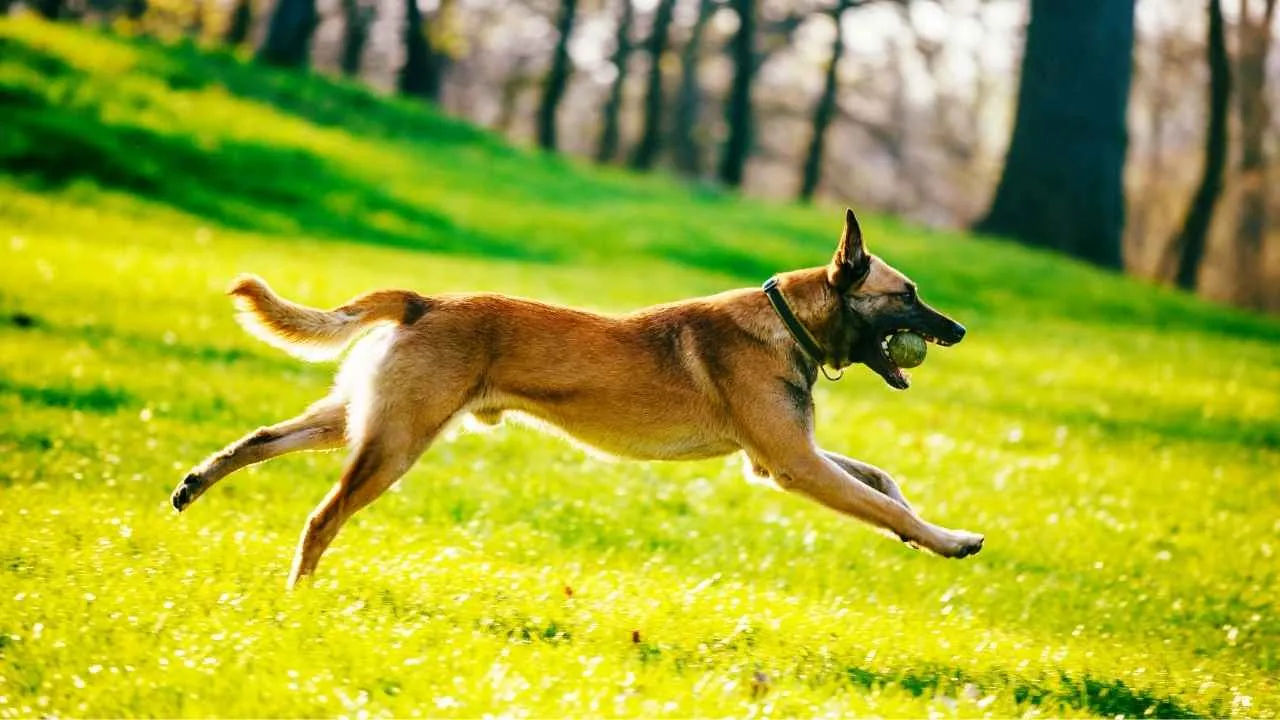
Belgian Malinois are athletic in looks, charming in personality, and more than amazing at detecting odors. With their upturned ears and searching eyes, you know they’re onto everything new and unexpected in their environments.
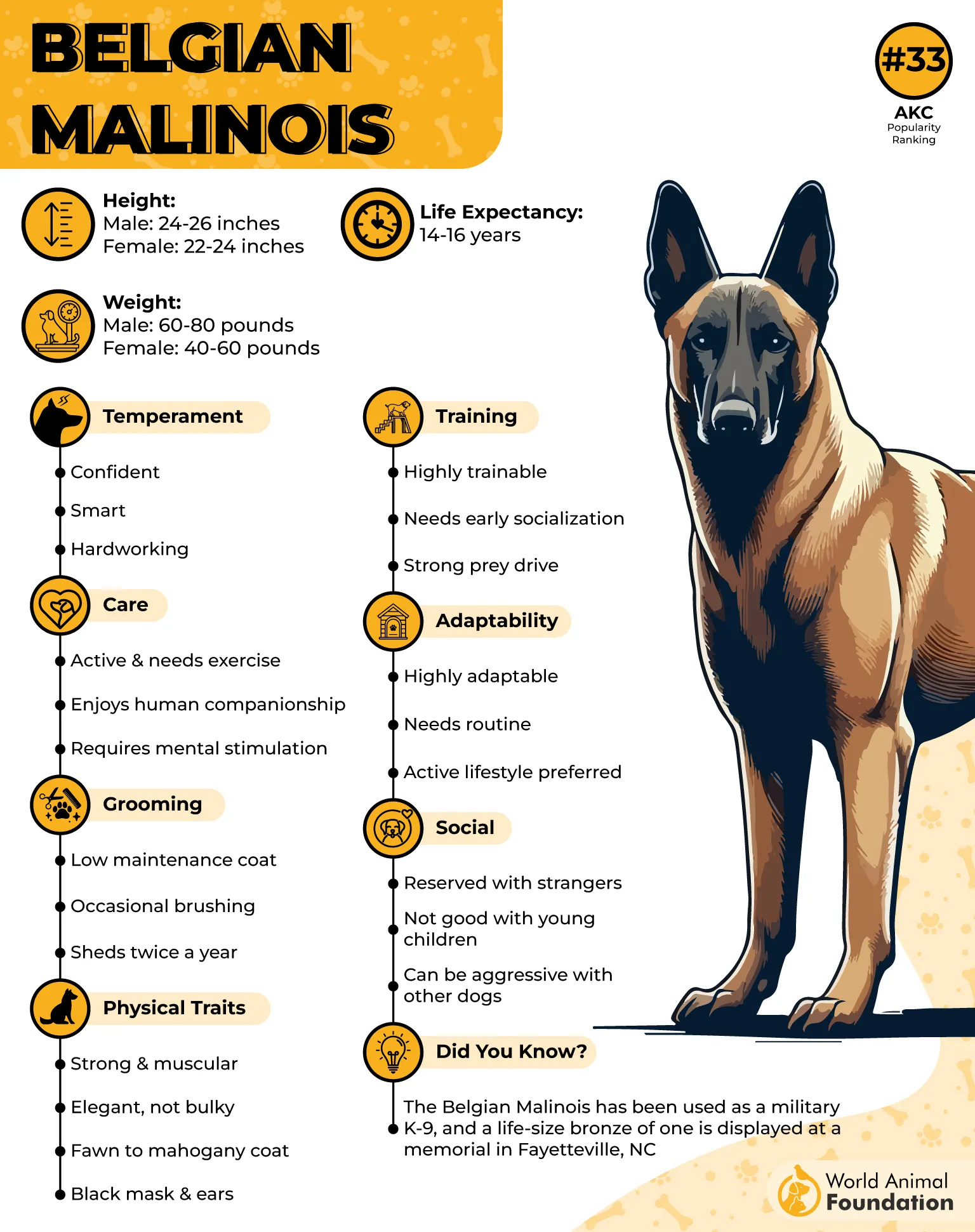
Even if your Belgian Malinois didn’t get a job in the police force, it loves to use its nose to investigate smells all around your house or yard. Their strong nostrils will make it impossible for you to hide their treats from them.
From learning to follow complex trails to playing a fun game of finding an object with the help of its scent, Mals will adore you if you help them use their scent work talents. They’re high-energy but dedicated pets well suited for owners who know what it takes to keep a Mal.
4. Labrador Retriever
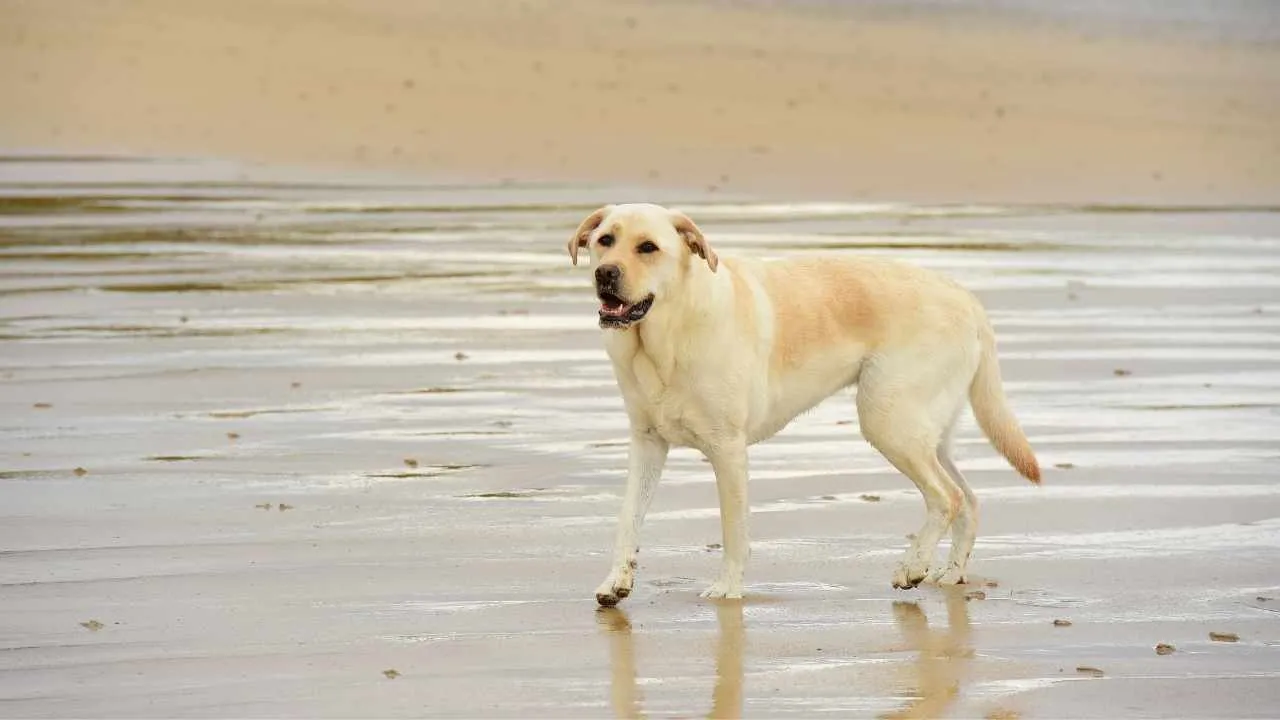
Labs and their multiple talents are well-known to dog lovers. Apart from their intelligence and agility, Labs are also famous for their big noses that can track out anything.
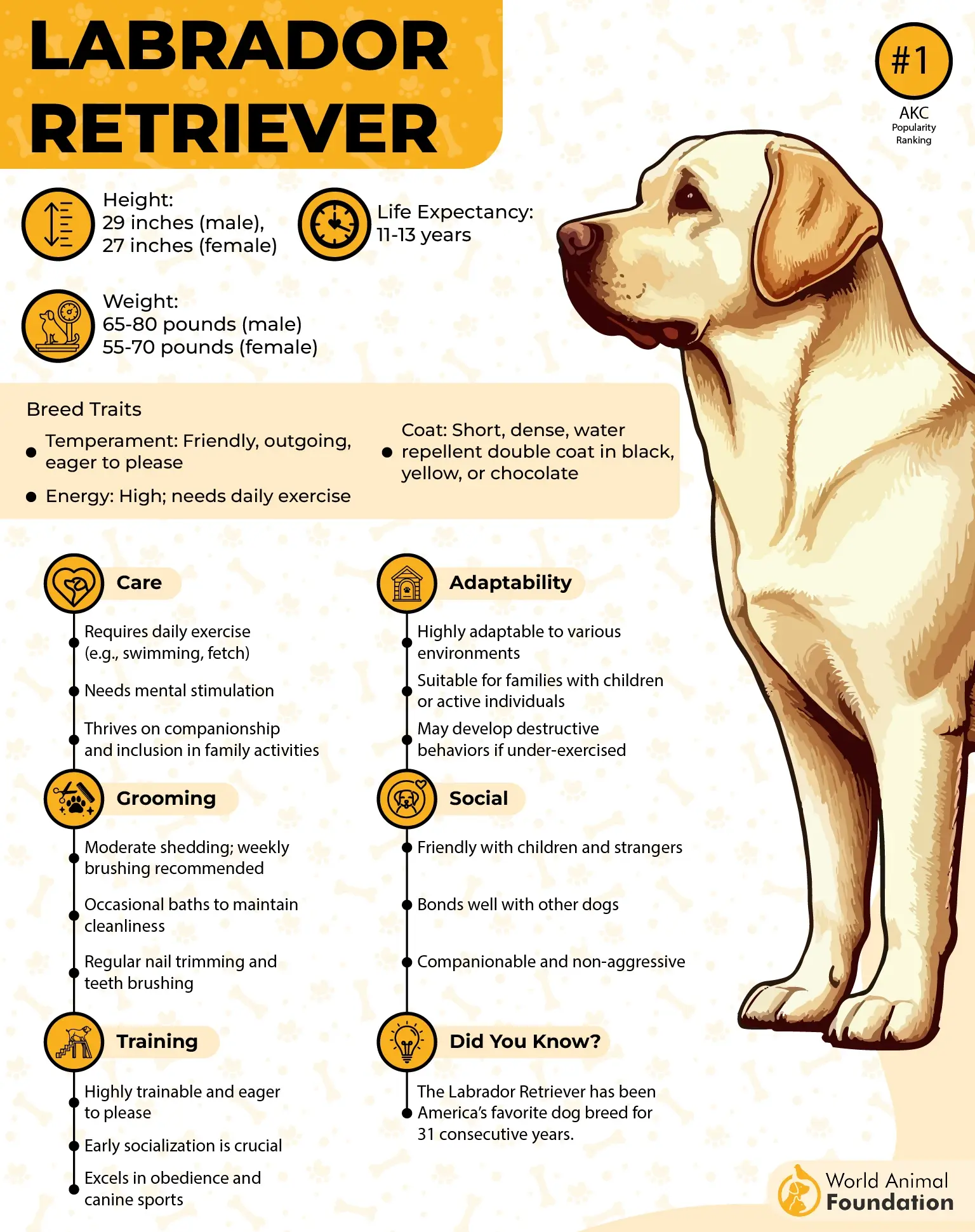
Everybody’s favourite breed, Labrador Retrievers, makes an amazing choice of dogs for nosework challenges. They’re commonly used in search and rescue missions; something they excel at due to their wide nostrils being able to sniff out any scent.
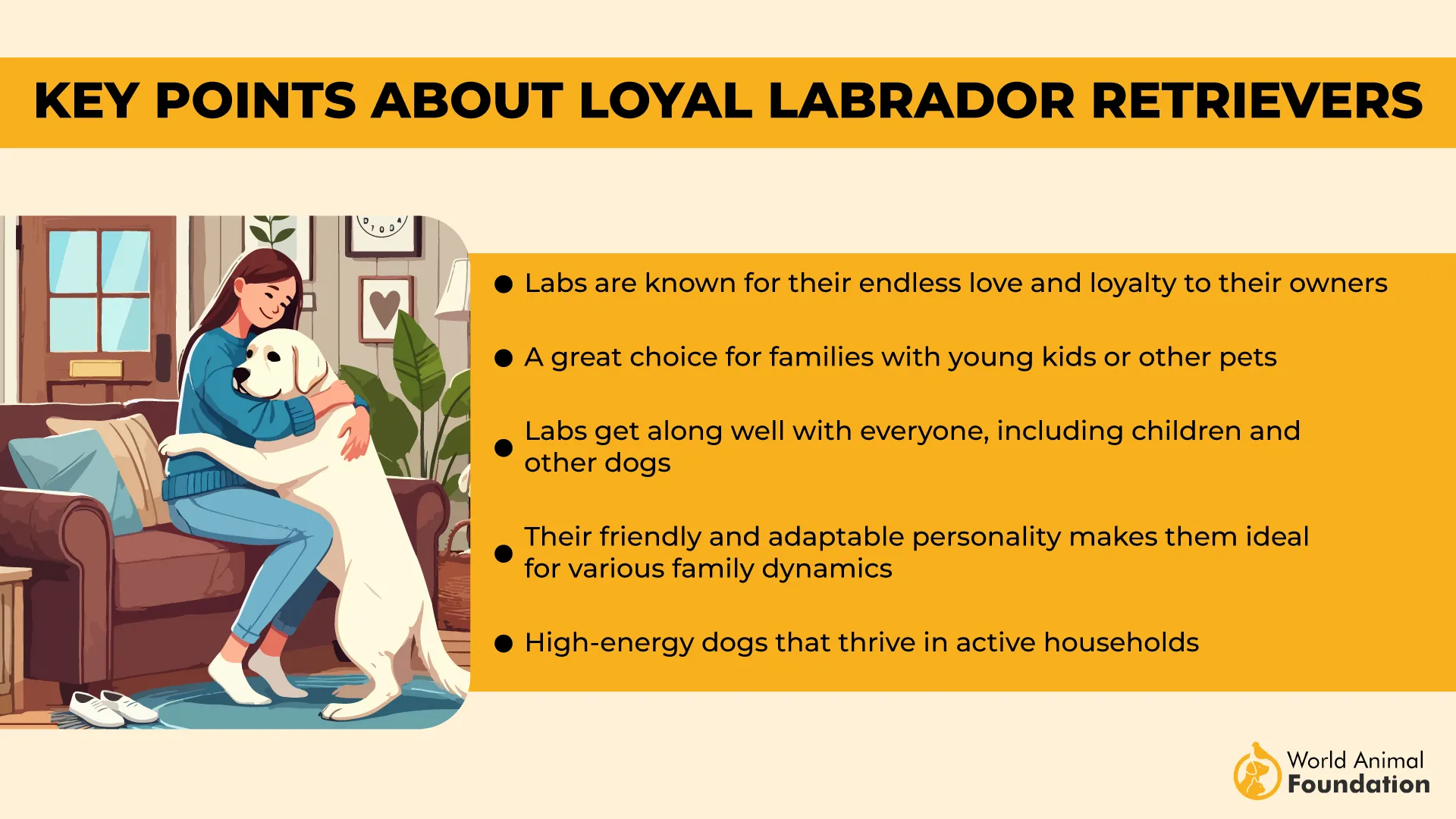
Nosework challenges are amazing for your Labs as they help build their natural instincts. A scent hound just can’t sign out of its urge to use its talented schnozz. Helping them put it to use builds their confidence and helps them avoid boredom.
5. Bloodhound
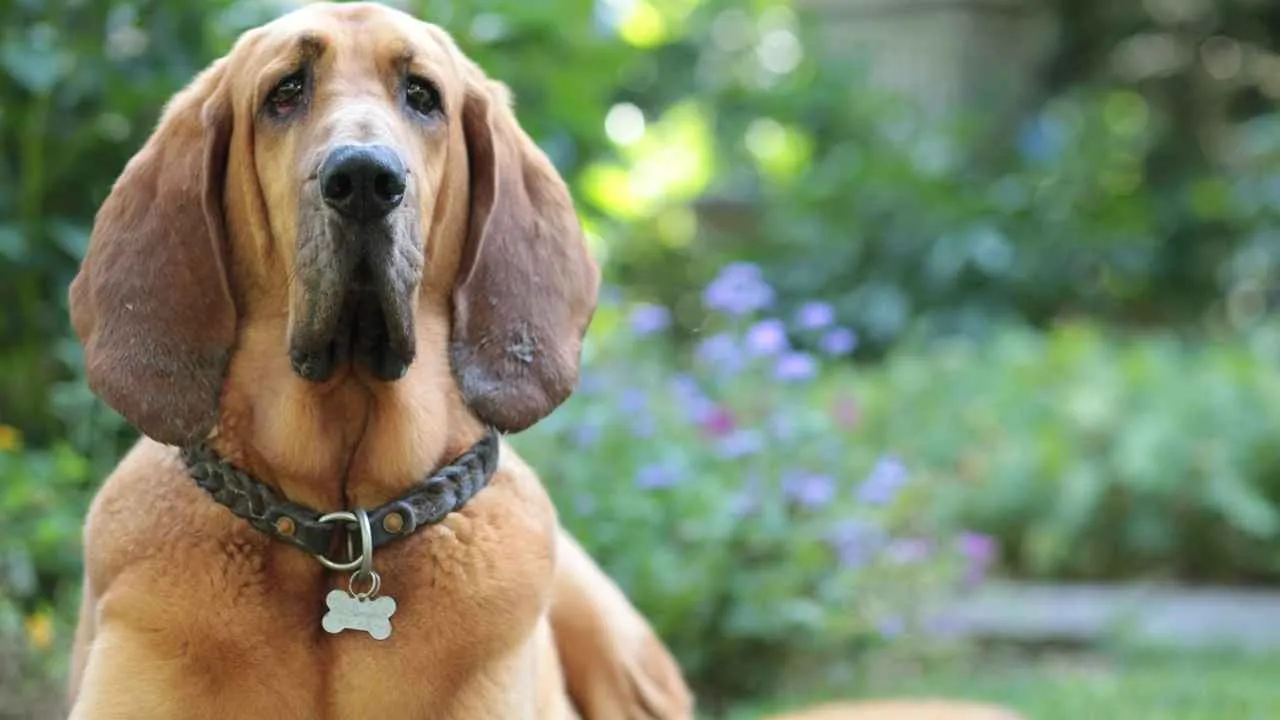
While their wrinkly faces and big floppy ears make them look thoughtful, Bloodhounds’ big noses help them track objects with their scent. They’re often used in police force in operations to seek missing persons. These pups are literally superheroes!
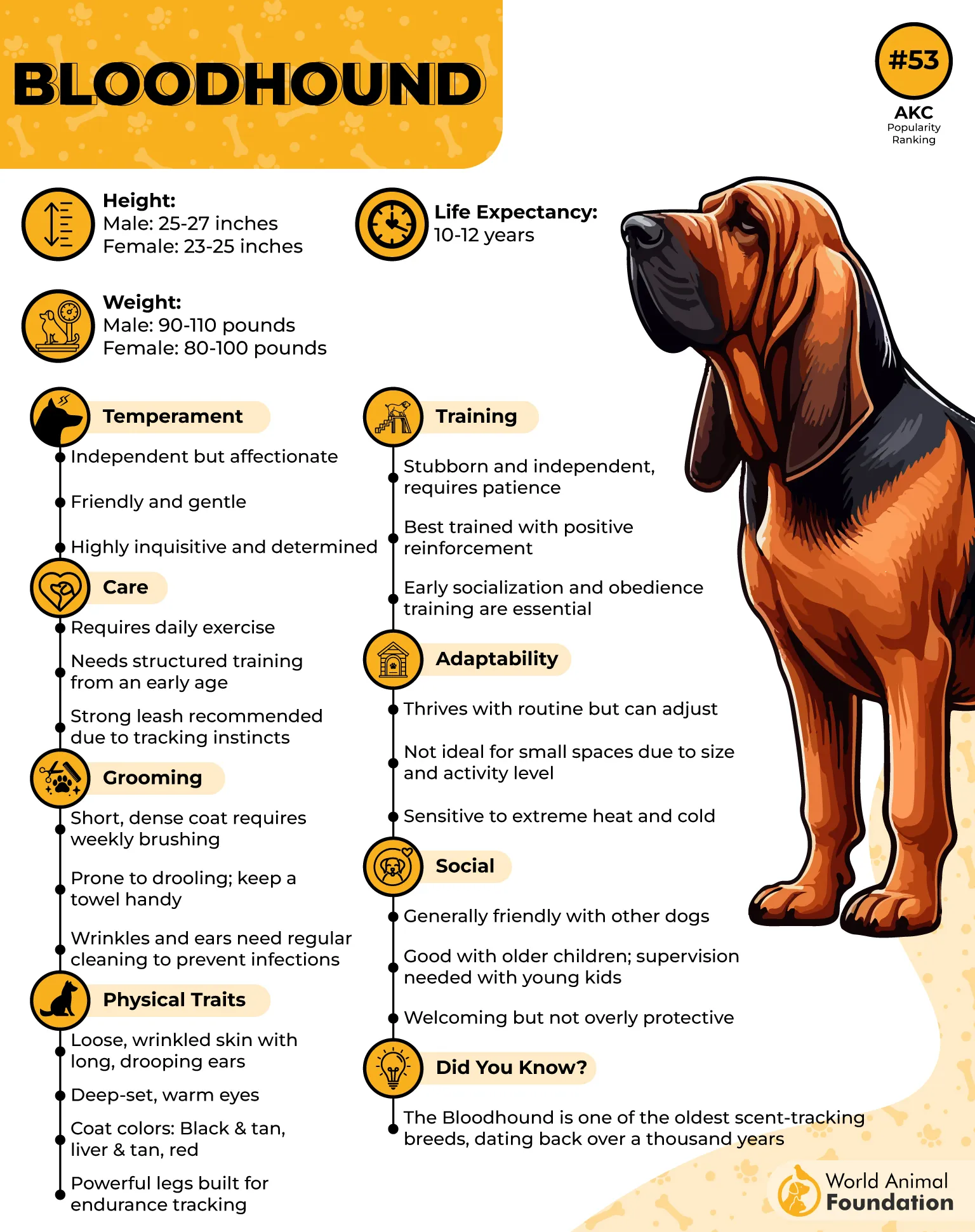
If you want to know how good Bloodhounds are at nosework, get this: they have over 300 million scent receptors. No wonder their findings become credible evidence in courts. Your cat might be cool, but is she this cool?
6. English Springer Spaniel
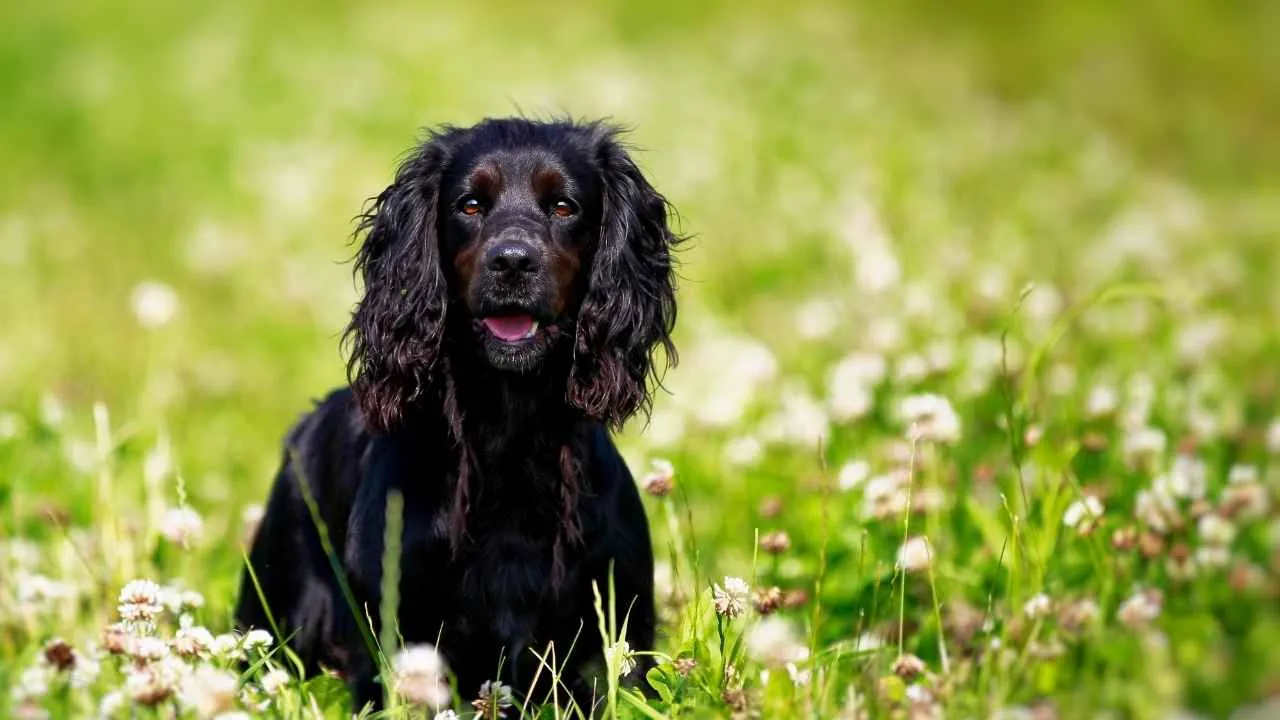
While their lush coat, especially the wavy locks falling down their head from both sides their most distinct feature, English Springer Spaniels have noses you’ll also instantly notice.
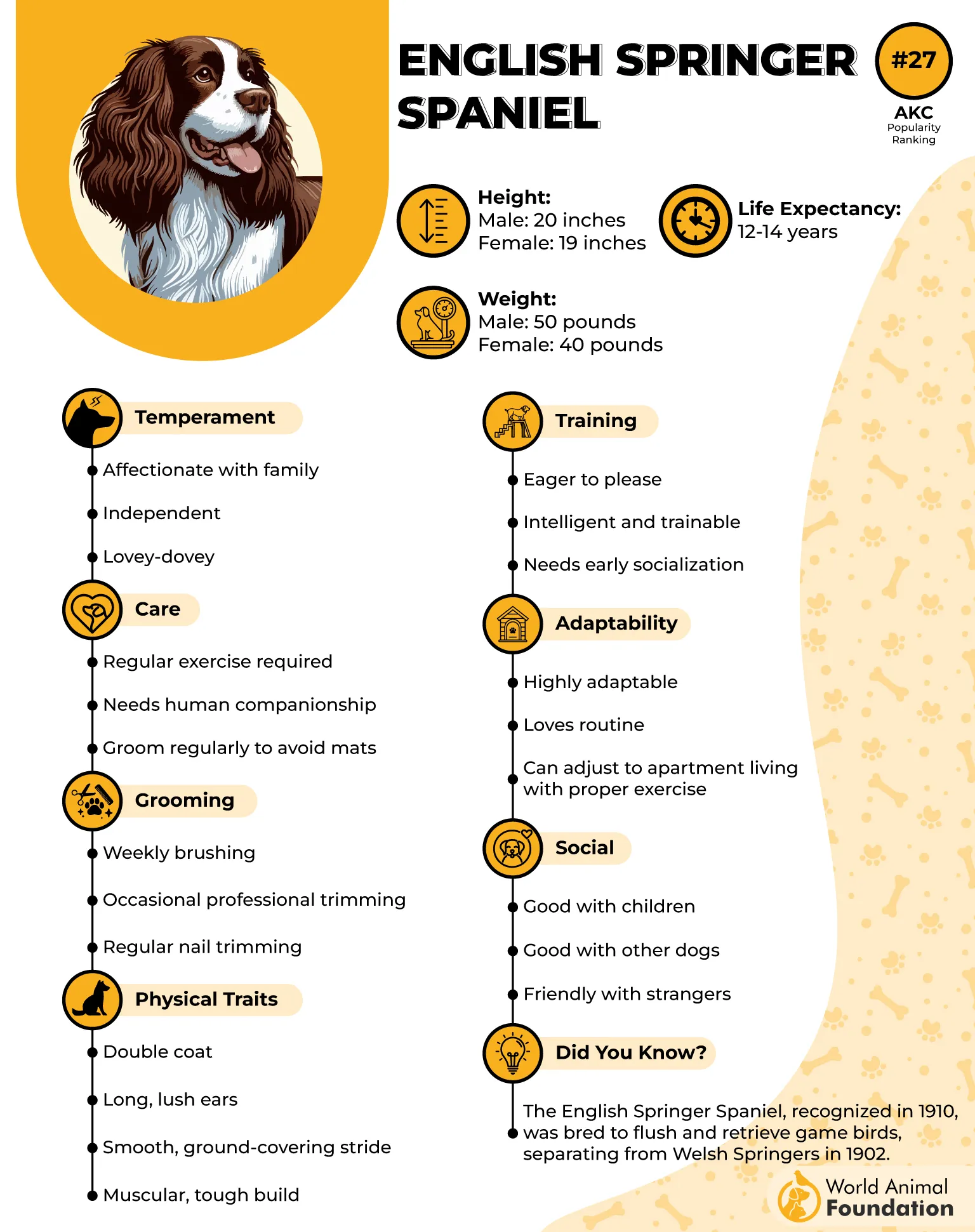
Their distinct nostrils are powerful when it comes to catching a whiff of something. These canines aren’t just amazing pets; they’re also commonly used sniffers. From tracking drugs to explosives, these pups know that with great noses comes great responsibility.
7. German Shorthaired Pointer
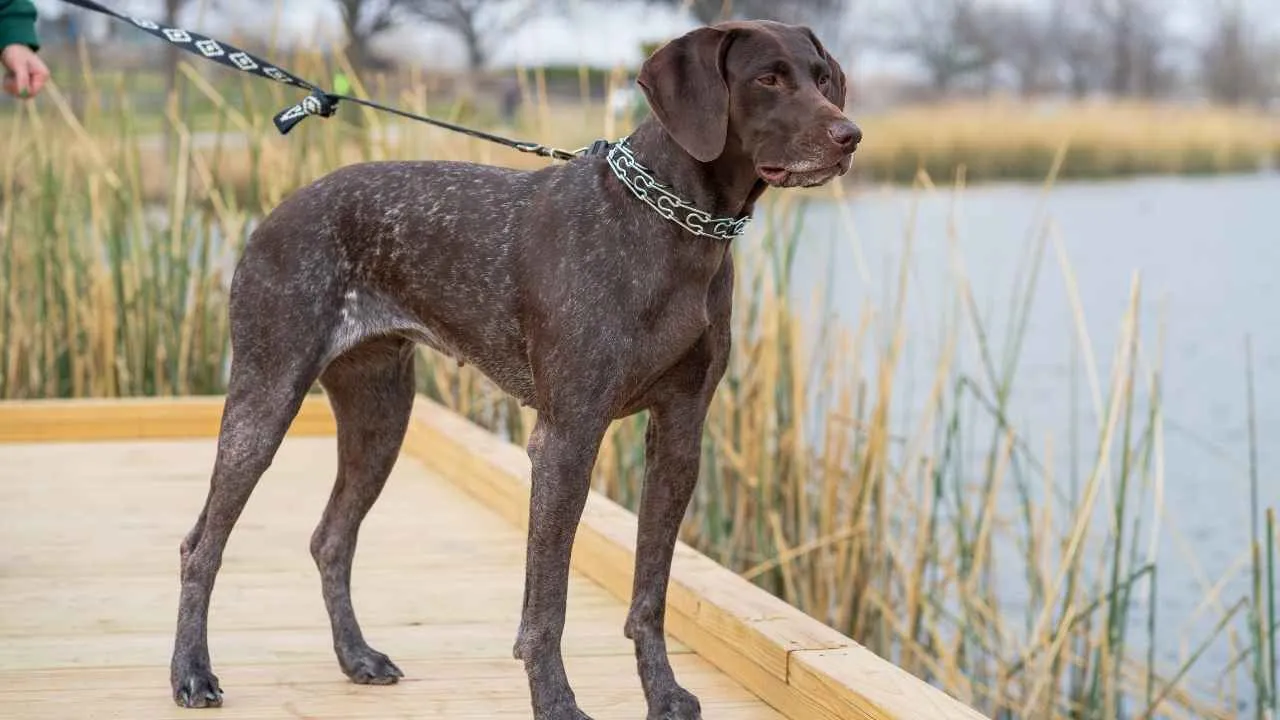
These spotted dogs have a sleek stature and have a great talent for agility training as well as nosework. Masters of all (dog) trades, German Shorthaired Pointers have been used as retriever dogs and are fabulous swimmers.
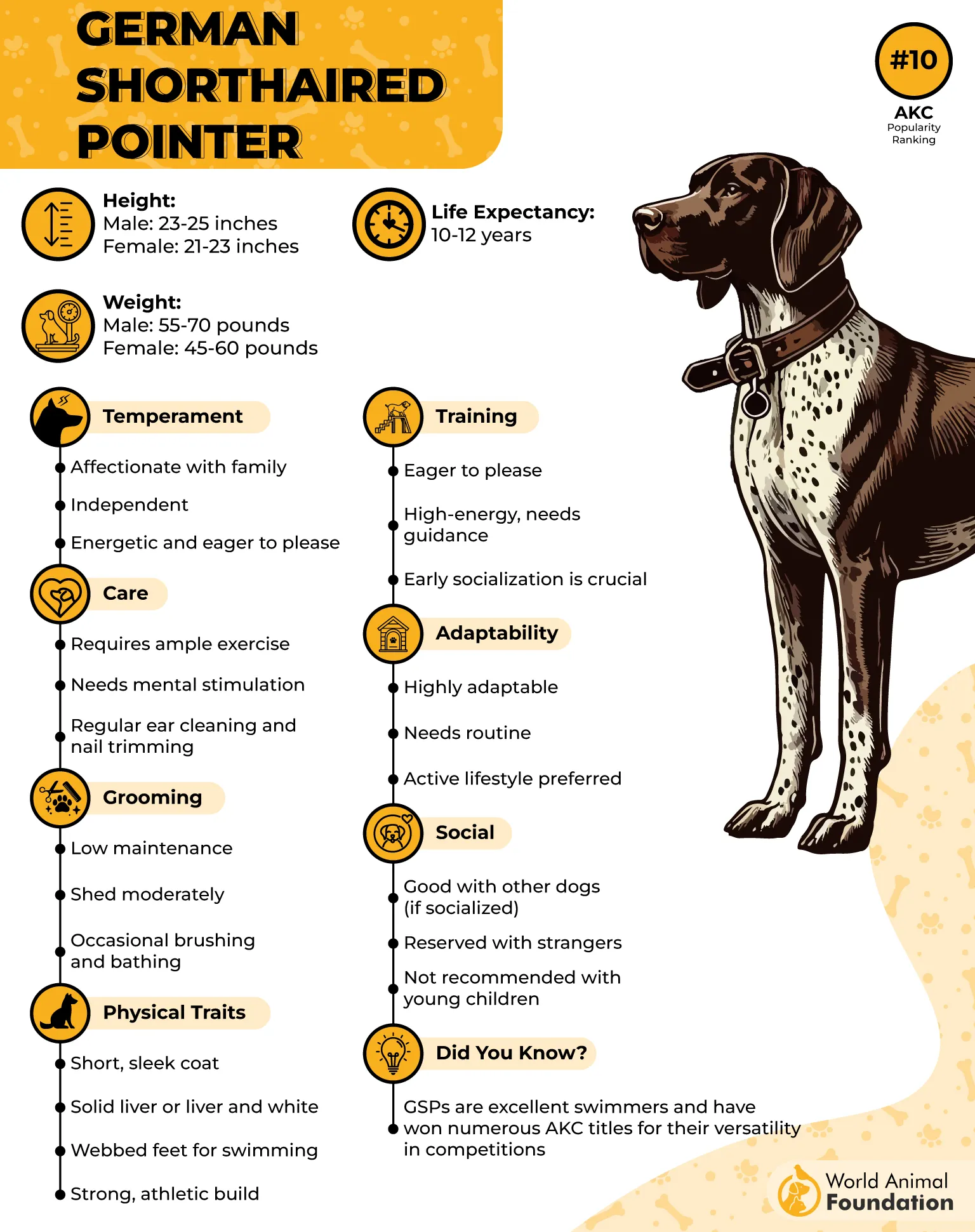
They’re not just great at finding game for their hunter humans; these pups have also been widely used in law enforcement. Participating in nosework challenges is great for these canines as it stimulates their scent work instincts.
These dogs thrive in an active environment and have an overwhelming love for exploration. They’re already all set to use their nose power for something more than everyday life sniffing.
8. Basset Hounds
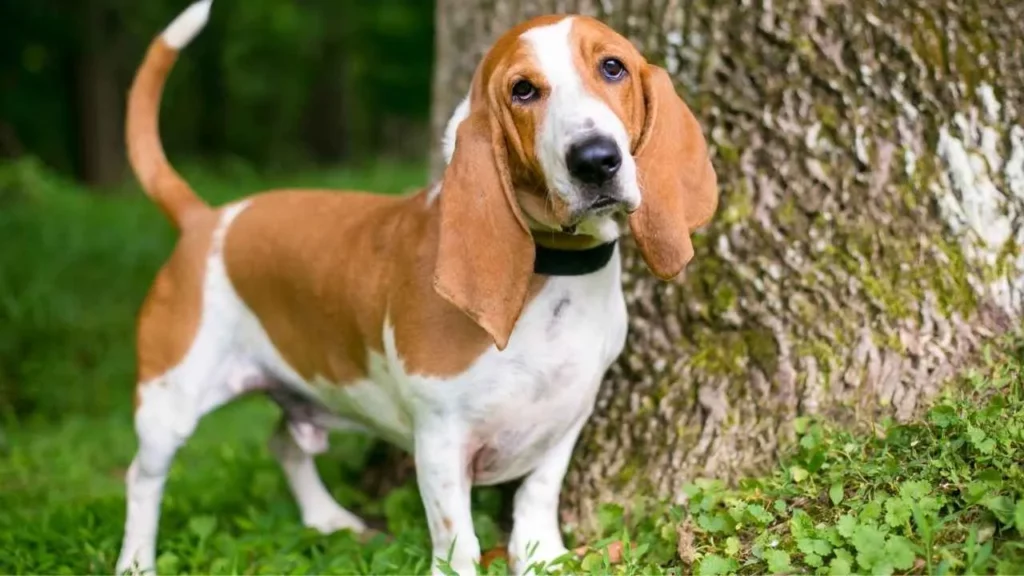
Basset Hounds are a powerful dog breed made for the hunting lifestyle. They have rather low-slung bodies and large, floppy ears; these traits enhance their sense of smell.
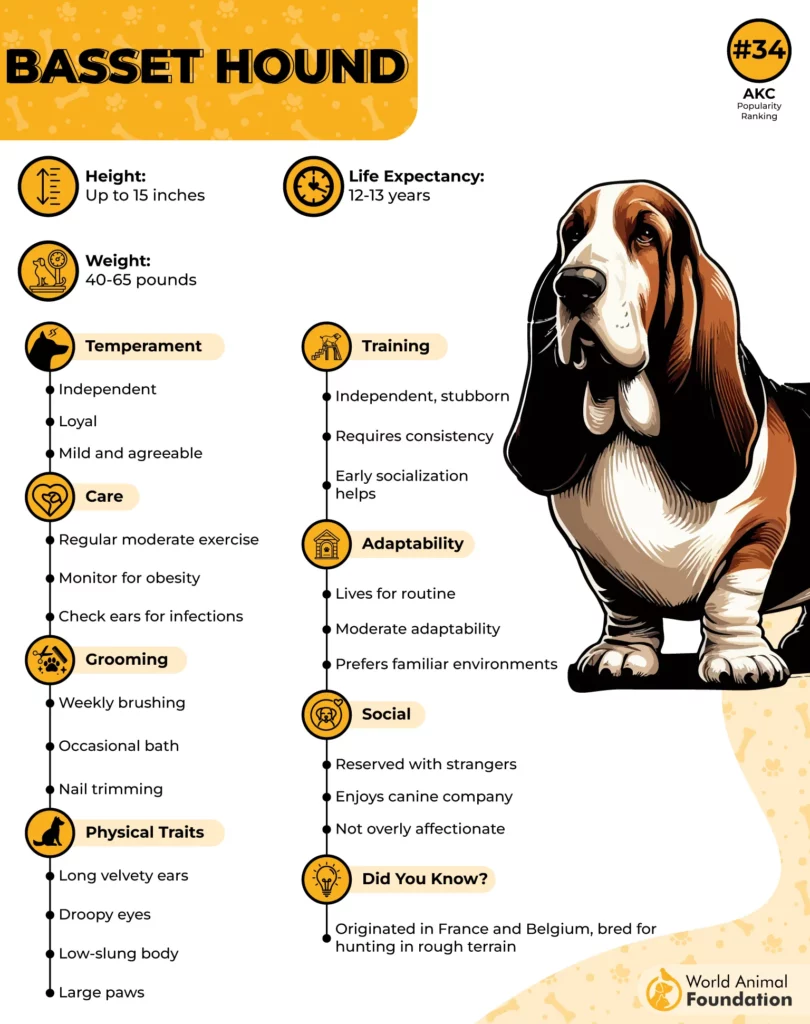
These “down-to-earth” dogs are amazing at picking up scents from the ground. Watching them sniff across the ground can be very entertaining in itself. To help them participate in nosework challenges, set up different training games at home.
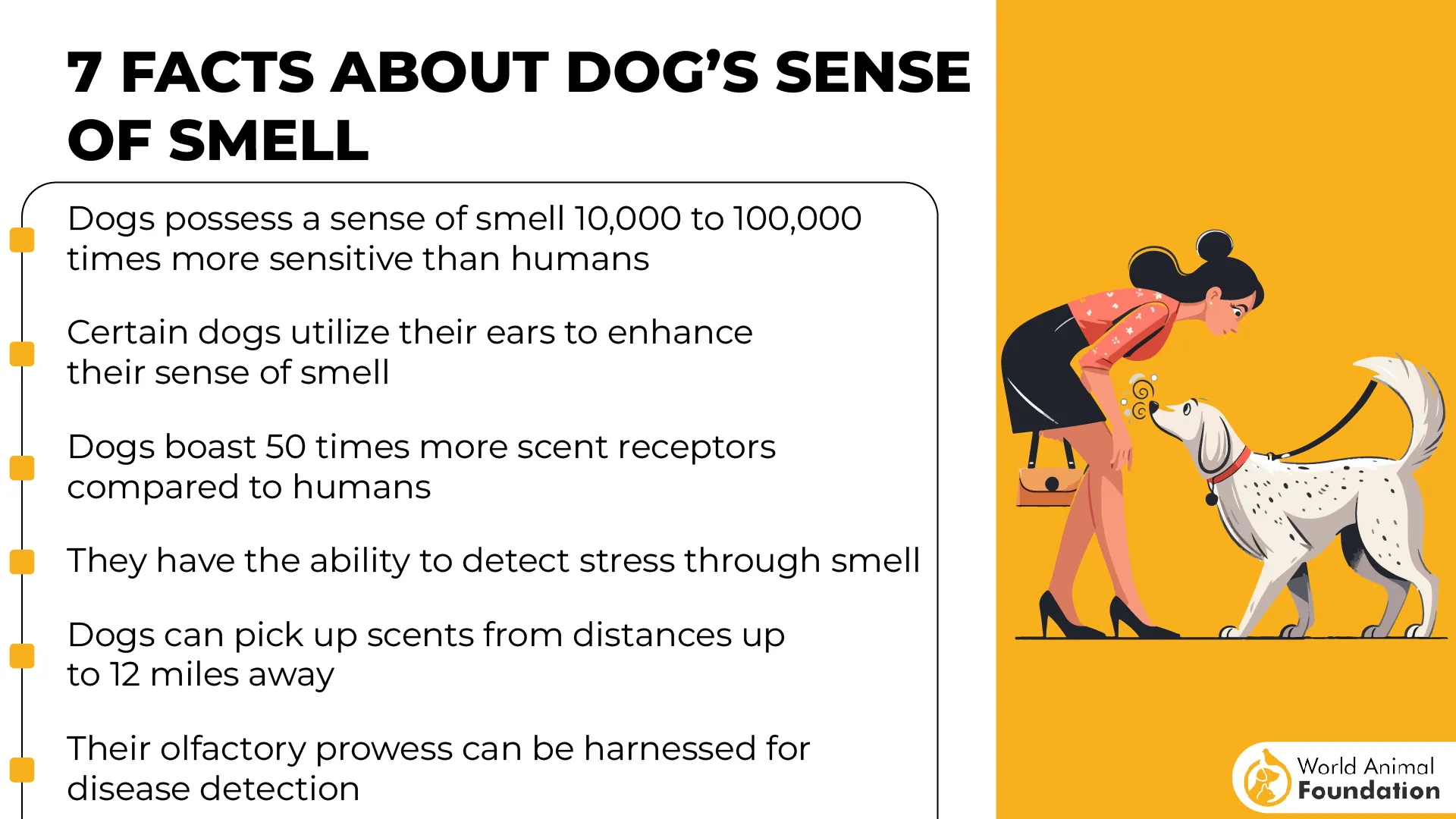
Nosework can help these canines release stress and bond with their humans as you help them train. Consistency is the key when it comes to teaching your pet to play scent work games.
9. English Foxhound
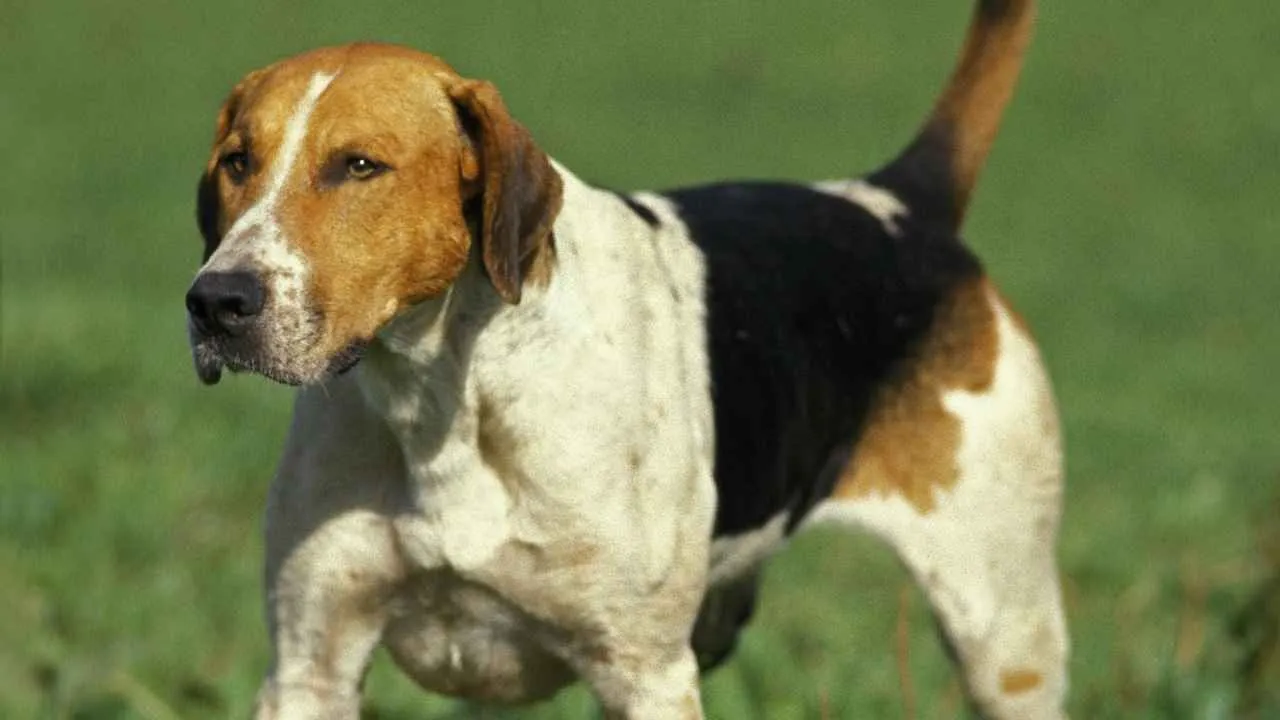
English Foxhounds are medium to large in size and boast a lovely, short, thick coat. With a deep chest and long legs, these canines are one of the strongest and most enduring breeds.
Paired with the right handler, these dogs can learn to direct their natural scenting talents to perform well at nosework challenges.
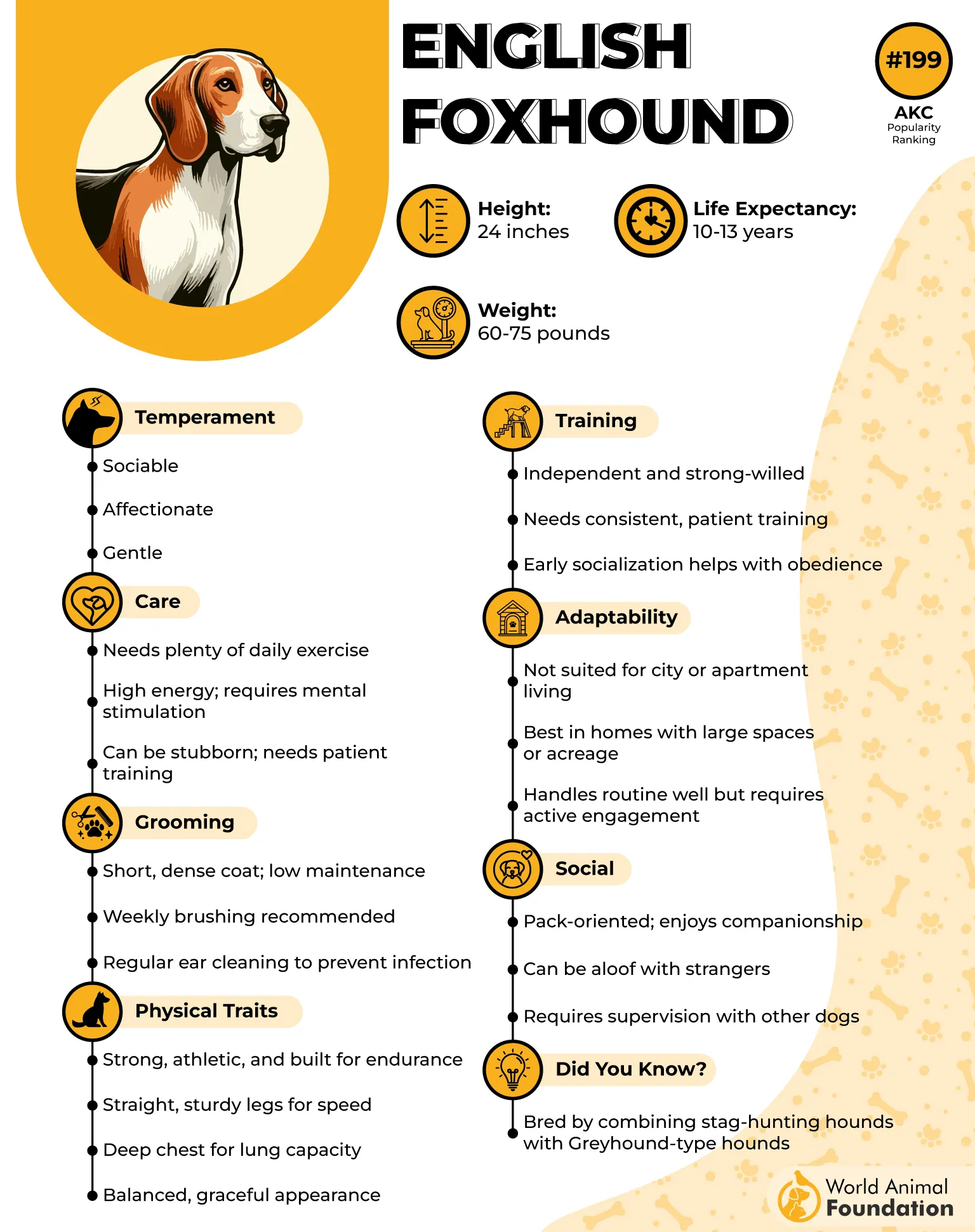
These highly energetic dogs enjoy physical activity, from daily walks to hiking and agility training. They have a great prey drive and need early socialization training to avoid chasing smaller animals and vehicles.
With a history of being pack hounds, these dogs are gentle pets and get along well with children. They might not be great dogs for busy people, as they need pet parents who can keep them engaged.
Conclusion
If your dog has a penchant for tracking odors, getting them to participate in nosework challenges can be both fun and challenging for you and your dog. Patience is important when training any dog for any activity. With rewards and positive reinforcements, dogs can effectively grow in their skills.
If your pup is having difficulty staying focused, introduce simpler tasks in their training ahead of the nosework trials. Use food odor or other familiar smells to give them an incentive.


